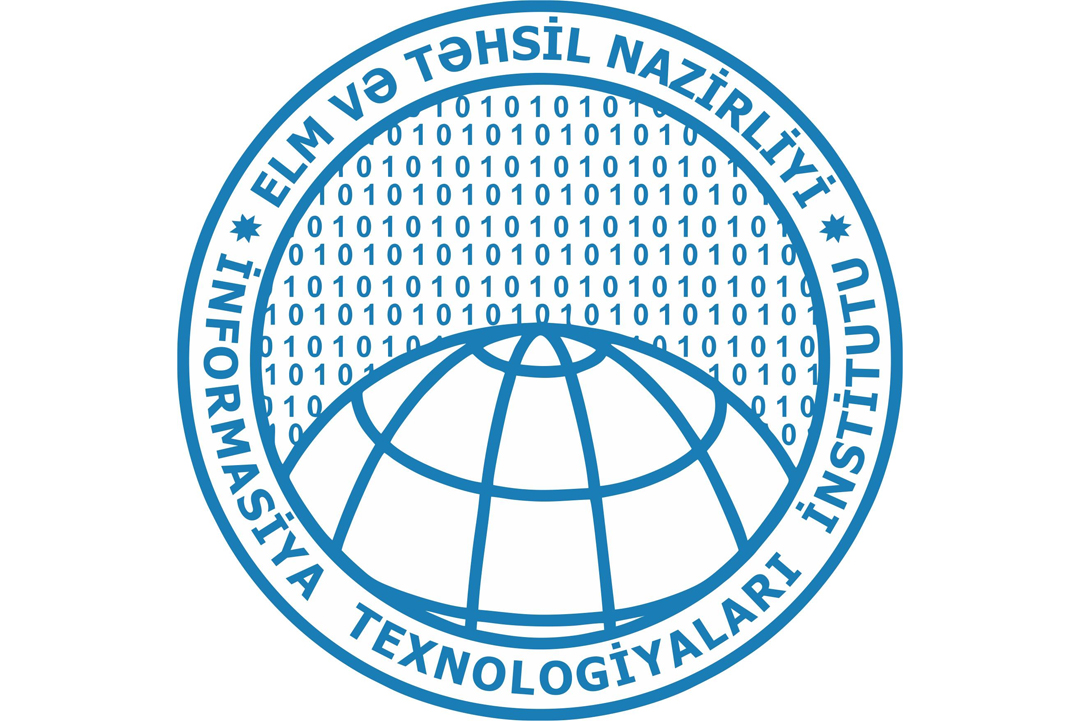NEWS
Most European Member States have a national e-health strategy

At present, the process of Informatization of the health care system around the world is underway. More than half of the world's countries operate in this direction based on the methodology proposed by the World Health Organization (WHT) and the International Telecommunication Union (ITU). It is known that the implementation of any international innovation program in a specific country is based on the selection of the model taking into account national characteristics. From this point of view there is no longer available world experience in the field of electronic medicine, but a unique model of each country has been developed. These models depend on the principles of health development, organization and financing in the country. A crucial role in the establishment of the e-medical system belongs to the state. The use of ICT for practitioners is based on the implementation of state programs and initiatives on e-health development in different countries around the world. The organization of electronic document circulation in these programs and initiatives, maintaining the current state of the electronic medical card, development of telemedicine and population health monitoring system, creation of Internet resources, personalized accounting of medical services, etc. are intended. For example, E-Health Action Plan 2012-2020: Innovative Health of the 21st Century’’ funded by the European Union provides for ICT solutions at national and transnational levels. Within the framework of the e-government in the United States, the "Integrated Medical Sector Development Program" and the "Single E-medical System Program in Canada" are being implemented in Canada. Within the framework of these programs, electronic health passport (card), personalized medical services, ICT infrastructure of e-medicine, e-document circulation, telemedicine, inquiry type and classification of uniform registries in these countries are available. work is underway. E-health strategies are developed or being developed simultaneously in each of these countries. Thus, 70 percent of 53 member countries of the European Region of the DST have national e-health policies or strategies.
Head of department at the Institute of Information Technology of ANAS, correspondent member of ANAS, doctor of technical sciences, professor Masuma Mammadova told AZERTAC.
"There are no separate conceptual and strategic documents on medical Informatization in Azerbaijan today. The health informatization processes were implemented on the basis of state programs "Electronic Azerbaijan (2003-2008)", "Electronic Azerbaijan (2010-2012)". At present, this process is underway on the basis of "National Strategy for the Development of Information Society in the Republic of Azerbaijan for 2014-2020", "Strategic Road Map on Development of Telecommunication and Information Technologies in the Republic of Azerbaijan" and other conceptual documents.
Within the framework of these programs and separate projects, the introduction of electronic health card (ESK) in the country (newborns), development of exemplary medical information systems (TIS), online medical examination card, creation of registry information and classification etc. work is underway.
In May 2010, the Center for Health Informatization under the Ministry of Health of the Republic of Azerbaijan was established in connection with the development of electronic health in Azerbaijan. The center implements general coordination and monitoring of the functions of the national health monitoring center and informatization of the healthcare system, the professor said.
He also noted that there are some technical and organizational problems in the application of ICT to the Azerbaijani medical sphere. There are separate clinics where most of the business processes are informed and local databases are created. In the health centers, information about patients is exchanged digitally. However, the applied medical information systems are products of various IT companies and do not compromise with each other, and naturally, they can not exchange information within a single eHealth approach.
Unified methodological approach to data collection, processing and maintenance, lack of infrastructure, lack of systematic information system does not allow for accurate assessment of the state of health care in our country.
On the other hand, serious issues have been set up in e-health in Azerbaijan, according to the National Strategy. Establishing and developing a National Health Network that ensures all medical personnel, healthcare providers are connected to a secure, secure broadband network to address these issues, develop EHC systems and provide them with all age groups, expand MIS application, and eHealth coordination, the creation of medical resources for general use, the development of telescope, and the promotion of the ICT knowledge of medical workers.
The "Strategic Road Map on Development of Telecommunication and Information Technologies in the Republic of Azerbaijan", approved by the Decree of the President of the Republic of Azerbaijan dated December 6, 2016, includes "Creating Integrated Continuous Electronic Health Infrastructure". The health information system, which will be prepared as a core component of this infrastructure, will incorporate e-health information, electronic registration, digital illustrations and electronic recipe components.
© All rights reserved. Citing to www.ict.az is necessary upon using news



